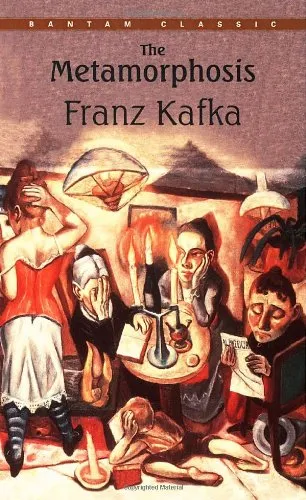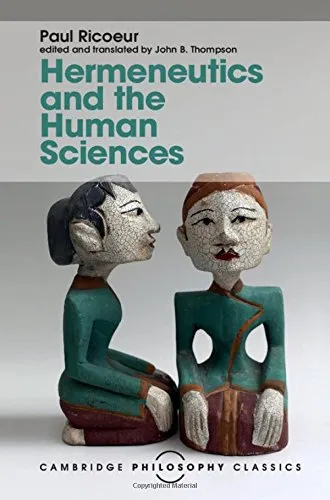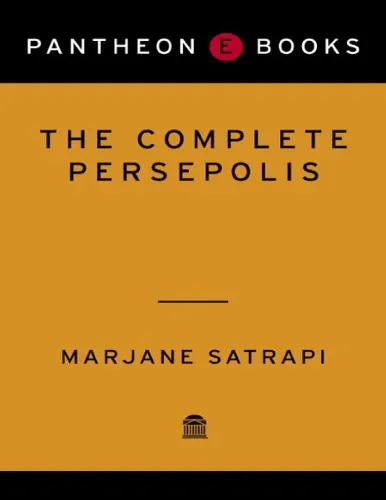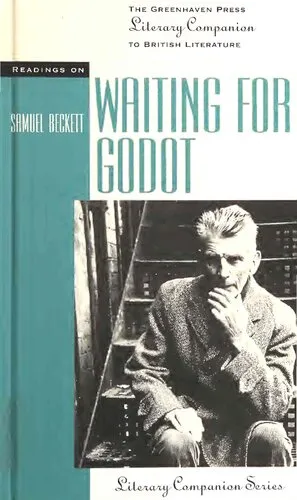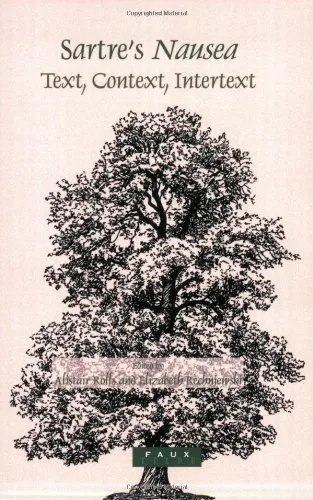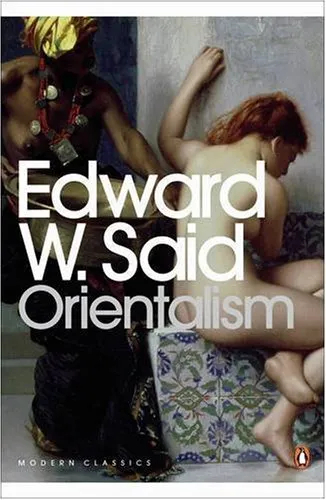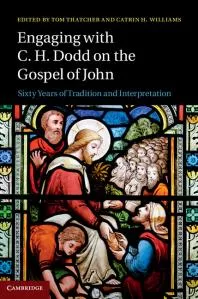The Stranger in Shakespeare
4.0
Reviews from our users

You Can Ask your questions from this book's AI after Login
Each download or ask from book AI costs 2 points. To earn more free points, please visit the Points Guide Page and complete some valuable actions.Related Refrences:
"The Stranger in Shakespeare" by Leslie A. Fiedler delves into the notion of the outsider within the works of one of literature's most influential figures, William Shakespeare. This profound exploration invites readers to contemplate the diverse array of strangers encountered in Shakespearean drama, prompting discussions on identity, exclusion, and societal norms. With a critical eye and fervent analysis, Fiedler seeks to unravel the complexities of how these estranged characters reflect upon humanity itself.
Detailed Summary of the Book
Leslie A. Fiedler's "The Stranger in Shakespeare" presents a rigorous examination of the various outsiders that populate the Bard's renowned plays. Fiedler argues that the concept of the stranger is a recurring motif that Shakespeare used to address broader themes of alienation, otherness, and acceptance. Beginning with analyses of well-known characters such as Shylock in "The Merchant of Venice" and Othello in "Othello," Fiedler expands the conversation by exploring less prominent characters who embody the essence of the outsider.
This work does not merely identify these figures but investigates the cultural and societal underpinnings that define their roles in their respective narratives. Fiedler postulates that understanding these characters offers profound insights into Shakespeare's portrayal of society and communal identity. Through a blend of psychoanalytic and existential criticism, the book interprets the motivations and implications of these figures, framing them within the context of Elizabethan society's anxieties and biases.
Key Takeaways
One of the key takeaways from "The Stranger in Shakespeare" is the idea that Shakespeare's use of the stranger serves as a mirror to our own perceptions of self and others. Fiedler emphasizes that these characters are not mere plot devices but are essential to understanding the plays’ deeper meanings. He posits that these figures force audiences to confront their own prejudices and assumptions, engendering a reflective response that transcends time and place.
Another crucial insight is the timelessness of Shakespeare's themes. Fiedler illustrates that the issues of alienation and otherness are as relevant today as they were centuries ago. This book encourages modern readers to draw parallels between the Bard’s characters and contemporary global issues surrounding identity, cultural integration, and societal inclusion.
Famous Quotes from the Book
"Shakespeare’s strangers are more than mere outcasts; they are the poignant embodiment of humanity's perpetual conflict with the unknown."
"In examining the stranger, we unearth the truest fears of a society: the fear of difference, and ultimately, the fear of oneself."
Why This Book Matters
"The Stranger in Shakespeare" holds a significant place in literary criticism as it challenges readers and scholars alike to rethink traditional interpretations of Shakespearean characters. Fiedler's insightful analysis offers a fresh perspective on the playwright’s work, enriching the discourse around classical literature and its implications on contemporary society.
By underscoring the importance of the 'stranger,' Fiedler's book prompts a broader cultural conversation about who is considered an outsider and why. This thematic exploration is paramount in a world where the clash between the familiar and the foreign continues to shape socio-political landscapes globally. The book thus becomes a valuable tool for educators, students, and anyone interested in dissecting the complexities of human interaction through the lens of one of its most profound chroniclers.
Free Direct Download
You Can Download this book after Login
Accessing books through legal platforms and public libraries not only supports the rights of authors and publishers but also contributes to the sustainability of reading culture. Before downloading, please take a moment to consider these options.
Find this book on other platforms:
WorldCat helps you find books in libraries worldwide.
See ratings, reviews, and discussions on Goodreads.
Find and buy rare or used books on AbeBooks.
1318
بازدید4.0
امتیاز0
نظر98%
رضایتReviews:
4.0
Based on 0 users review
Questions & Answers
Ask questions about this book or help others by answering
No questions yet. Be the first to ask!

